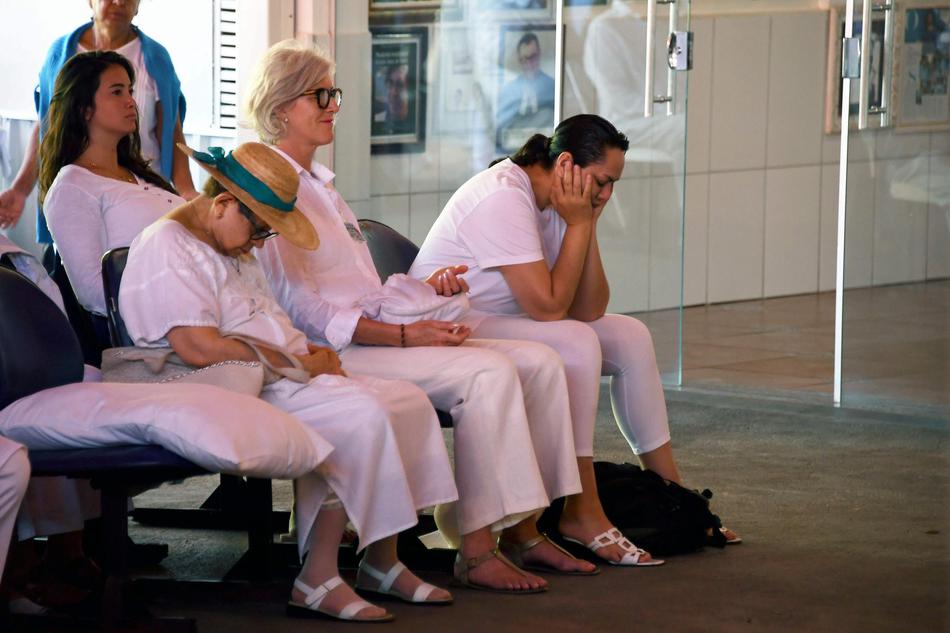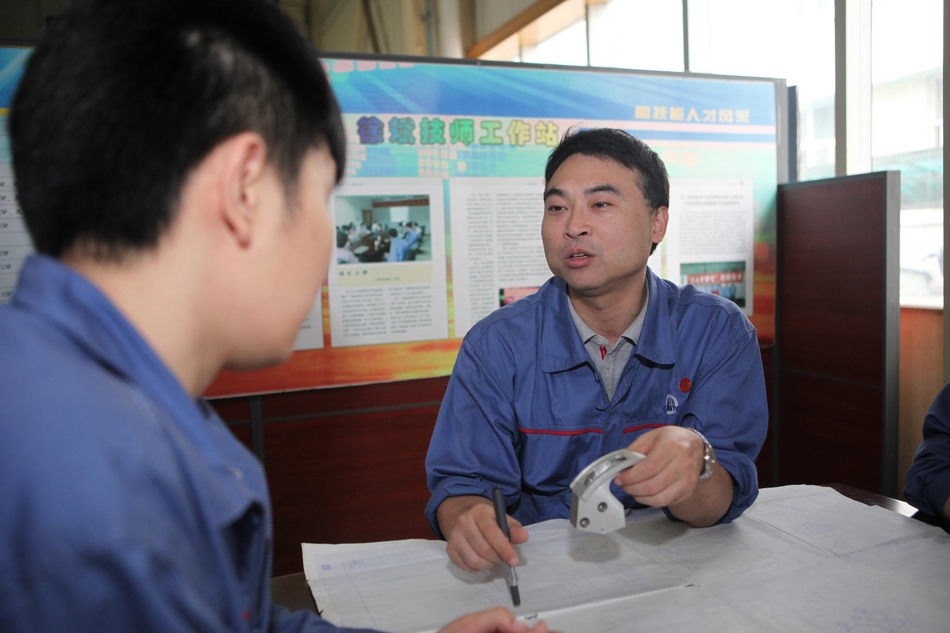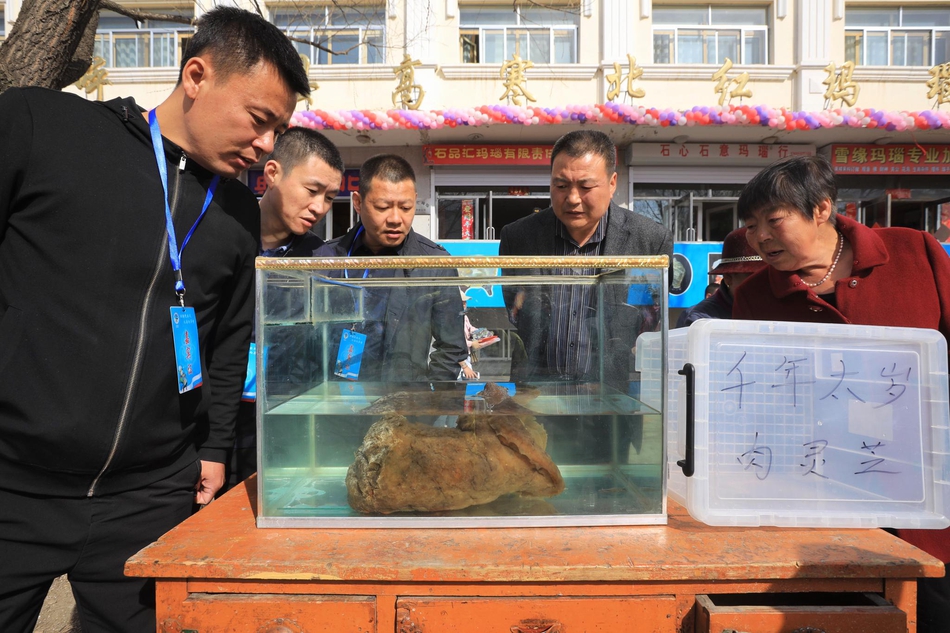
By PHYLLIS HAYASHIBARA
On March 16, Beyond Baroque reprised a 2010 reading of kaiko haiku, free-style haiku not bound by the traditions of three lines of five, seven, and five syllables, written in Japanese by internees of Japanese ancestry while incarcerated in assembly centers and American concentration camps during World War II.
The Rev. John Iwohara of Gardena Buddhist Church and Emily Kariya, teacher of Japanese language at Santa Monica High School, repeated their roles from eight years ago to read selected haiku in Japanese. Beyond Baroque Executive Director Richard Modiano, Sansei poet Amy Uyematsu, and Venice poet Laurel Ann Bogen read the English translations.
Venice Japanese American Memorial Monument Committee members Phyllis Hayashibara, Alice Stek, and Emily Winters read the prose introductions establishing the sections of haiku, originally selected and curated by poet and essayist Xochitl-Julisa Bermejo in 2010 from “May Sky — There Is Always Tomorrow: An Anthology of Japanese American Concentration Camp Kaiko Haiku,” compiled, translated, and prefaced by Violet Kazue de Cristoforo (1917-2007).
Poets had written haiku in haiku clubs before World War II, and continued to write haiku during their incarceration, publishing their reflections on life in camp newsletters and literary magazines.
VJAMM member and filmmaker Brian Maeda prefaced the haiku recitation with his research on the life of de Cristoforo, who had compiled and translated concentration camp haiku for her book, published by Doug Messerli of Sun and Moon Press.
Born Kazue Yamane in Hawaii, de Cristoforo was sent to Hiroshima for her primary education and returned to the U.S. at age 13. After her high school graduation, de Cristoforo married Shigeru Matsuda, a charter member of the (Fresno) Valley Ginsha Haiku Kai, and became a member of the Kaiko School of Haiku. Together they owned and ran the Matsuda Book Store in Fresno.
But many poets in haiku clubs destroyed their work in the wake of Imperial Japan’s attack on Pearl Harbor on Dec. 7, 1941; the U.S. declaration of war against Japan; and Executive Order 9066, signed by President Franklin D. Roosevelt on Feb. 19, 1942, which led to the forced removal of 120,000 persons of Japanese ancestry from the West Coast and into American concentration camps for the duration of World War II.
Maeda, in preparing for his latest film, “We Said NO NO,” which is about the Tule Lake Segregation Center, discovered that Matsuda had refused to complete the “loyalty questionnaire” while incarcerated in Jerome, Ark. As a result, Matsuda was sent to a detention facility in Santa Fe, N.M., while de Cristoforo and her three children were once again forcibly removed, this time to Tule Lake.
In 1946, she was “repatriated” to Japan, only to be met with the sad news that both her parents were victims of the U.S. atomic bombing of Hiroshima on Aug. 6, 1945, and that her husband had remarried after his own repatriation to Japan.

De Cristoforo remarried in 1953, and resettled in California. In 1981, she testified before the federal Commission on Wartime Relocation and Internment of Civilians (CWRIC) on the socio-psychological impact of the incarceration of persons of Japanese ancestry. In 1984, she was instrumental in the installation of California Registered Historic Landmark No. 934 at the location of the former Salinas Assembly Center.
In 1987, de Cristoforo published “Ino Hana: Poetic Reflections of Tule Lake Internment – 1944.”?? In 1997, she published “May Sky,” which was translated into Japanese. In 2007, she was awarded the National Endowment for the Arts National Heritage Fellowship in recognition of her contributions to folk or traditional arts in the U.S. over a lifetime.
Though it’s difficult to select just a few haiku from her collection, these selections reflect life in assembly centers and camps, most amid seasonal signs of nature:
Baba ni oki fushite mitsuki suika hanasaki
Living, morning and night / Three months in racetrack / Watermelon flowers.
Babi ni sumi kurasu aki no suzukake me ga nobi
Fall / Still housed in stable / New sprouts on plantain tree.
Wakarete kyo wa ichinen niwa no boke mo saite iyo
Separated a year ago today / Chinese quince / Must be blooming in my garden.
Tejyo sare hikare yuku otto o miokurishi sama kyo mo
Handcuffed and taken away / I see my husband / Even today.

Beyond Baroque and the VJAMM Committee dedicated the kaiko haiku reading in memory of Bruce and Francis Kaji, who passed away in 2017 and 2016, respectively. Bruce had been incarcerated at Manzanar, Calif. and Frances in Poston, Ariz.
Bruce co-founded Merit Savings and Loan, won election as Gardena city treasurer, co-established the Little Tokyo Redevelopment Association and co-founded the Japanese American National Museum. Frances joined her husband in many community affairs and civic organizations, and won induction into the City of Gardena’s Hall of Fame.
Bruce had participated in the panel discussion on “May Sky” at Beyond Baroque on Dec. 11, 2010, with publisher Doug Messerli of Sun and Moon Press; Patricia Wakida, a curator at the Japanese American National Museum; and Phyllis Hayashibara, a member of the Venice Japanese American Memorial Monument Committee.
Photos courtesy Phyllis Hayashibara
 Summer Festival at Storrier Stearns
Summer Festival at Storrier Stearns
 Meta has developed an AI translator for an unwritten language
Meta has developed an AI translator for an unwritten language
 'Quordle' today: See each 'Quordle' answer and hints for October 23
'Quordle' today: See each 'Quordle' answer and hints for October 23
 What's on TikTokker Yasmine Sahid's For You Page?
What's on TikTokker Yasmine Sahid's For You Page?
 ‘The Etymology of Hapa’ at JANM
‘The Etymology of Hapa’ at JANM
 Wordle today: Here's the answer, hints for October 28
Wordle today: Here's the answer, hints for October 28
 Zuckerberg and Meta's virtual reality legs are real... in toy form
Zuckerberg and Meta's virtual reality legs are real... in toy form
 'Aftersun' review: Paul Mescal stars in a moving father
'Aftersun' review: Paul Mescal stars in a moving father
 OAA Hosts ‘Bringing Okinawa Home’
OAA Hosts ‘Bringing Okinawa Home’
 'Quordle' today: See each 'Quordle' answer and hints for October 20
'Quordle' today: See each 'Quordle' answer and hints for October 20
 Two Readings This Weekend at EWP
Two Readings This Weekend at EWP
 Does 'Wendell & Wild' have a post
Does 'Wendell & Wild' have a post
 'Wendell and Wild' review: Jordan Peele and Henry Selick deliver a dark gem
'Wendell and Wild' review: Jordan Peele and Henry Selick deliver a dark gem
 Next years iPhone may have very different buttons
Next years iPhone may have very different buttons
 Cherry Blossom Festival at Bowers Museum
Cherry Blossom Festival at Bowers Museum
 Bumble makes cyberflashing detection tool available as open
Bumble makes cyberflashing detection tool available as open
 Best deals of the day Oct. 24: all
Best deals of the day Oct. 24: all
 WhatsApp is down globally
WhatsApp is down globally
 El Camino College to Celebrate Spring with Cherry Blossom Festival
El Camino College to Celebrate Spring with Cherry Blossom Festival
 The new season of 'Doctor Who' is coming to Disney+
The new season of 'Doctor Who' is coming to Disney+
People are jokingly asking USC to consider admitting their very gifted dogsHot Costco Dad is our new crush, thanks to this super wholesome videoJordan Peele had the perfect response to a viral tweet about one of his outfitsApple's new credit card gets compared to Billy McFarland's credit card scamCNN's colorful TrumpThe dyed Chicago River doubles as a perfect green screen in this hilarious videoNASA puzzles over why some exoplanets are shrinkingNASA spacecraft spots Io's elusive volcanoes. A big question remains.16 babydoll sheep so adorable you will cryPorn site CamSoda will now let you create your own digital cam girl avatar The Ultimate Guide to Protecting Your Identity in the Digital Age What's new to streaming this week? (March 13, 2025) Manchester United vs. Real Sociedad 2025 livestream: Watch Europa League for free Get Thee to a City of Ladies NYT Connections hints and answers for March 14: Tips to solve 'Connections' #642. Stephen King uses 'Misery' comparison to roast Trump on Threads How to Lie: Donald Trump, Jr. fails in the family trade Your Amazon Echo will start reporting to Amazon on March 28 A few things we’ve enjoyed this week NYT Connections hints and answers for March 13: Tips to solve 'Connections' #641.
0.1359s , 9980.65625 kb
Copyright © 2025 Powered by 【dominatrix: gender, eroticism, and control in the dungeon summary】Beyond Baroque Reprises ‘May Sky’ Internment Haiku Event,Global Hot Topic Analysis